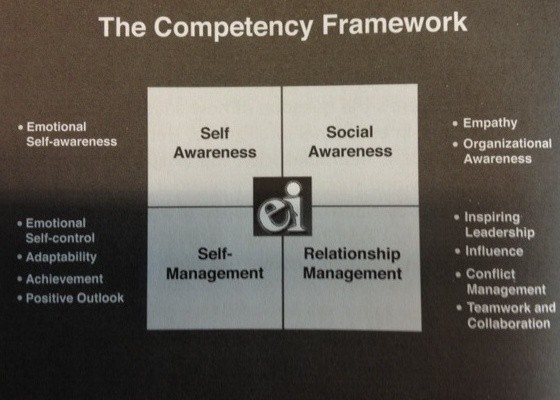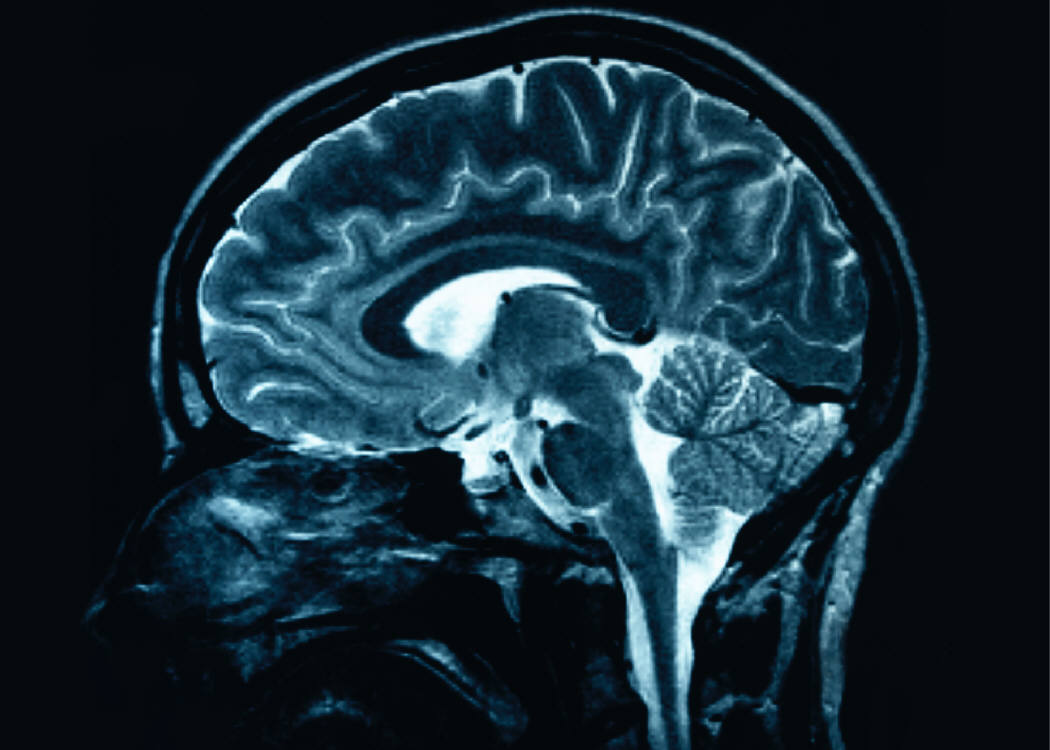
Tying onto one of my last posts on emotional intelligence and leadership, it struck me how much moods and our emotional states have an impact not only on our own working results but also on those of others and maybe even of a whole organization. As scientists have discovered, our emotional centers in the brain are so-called “open-loop” systems who depend largely on external sources to manage themselves.
As Daniel Goleman writes in his book Leadership, the power of emotional intelligence, “(…)one person transmits signals that can alter hormone levels, cardiovascular function etc. in the body of another” person (page 70). This mechanism was an important one in human evolution as it allows a mother to bond emotionally with her child for example. Even though we don’t really notice that this process is going on, scientists were able to prove that when two people meet and pay full attention to each other, putting aside all distractions as well as being in synch non-verbally, a phenomenon called “mirroring” will happen. This means that the physiological profiles of the two interacting people will look very similar at a certain point.
The same happens, when people work together in an office, a shop floor etc. People will somehow “catch” the feelings of their co-workers, sharing moods, good or bad.
Why does this matter so much? Well, first of all it shows the impact moods have on the overall climate in an office, at home or wherever we are. What is also important from an organizational perspective is that people usually take their emotional cues from the top (Goleman, Leadership, page 72). The attitude and the mood of the leader,the manager etc. will have an enormous impact on his or her direct reports.
Luckily, cheerful moods and laughter spread much easier than negative ones or even depression. But if constantly confronted with these negative attitudes and moods the whole climate of an organization will finaly be affected.
Increases in anxiety, stress or worry will make people less “emotionally intelligent” (Goleman, Leadership, page 77). Our cognitive efficiency erodes and the brain cannot operate at full performance anymore. Motivation goes down, challenges suddenly become overwhelming
and we are simply not able anymore to solve problems creatively. With high levels of anxiety and stress the brain secretes high levels of cortisol and norepinephrine, two substances which will interfere with the smooth operation of learning and memory. (Goleman, Leadership, page 90). At a certain point the person won’t be able to take more levels of stress and become sick and or break down (which can be observed quite often in our Western societies nowadays).
Interesting, don’t you think, how just by being an “emotional intelligent” leader, knowing when to apply which leadership style and how important moods are you can:
I wish it would be so simple!
I hope you enjoyed reading this article! Have an excellent weekend,
Jenny





